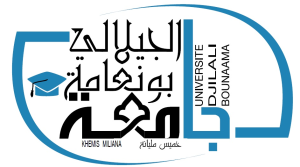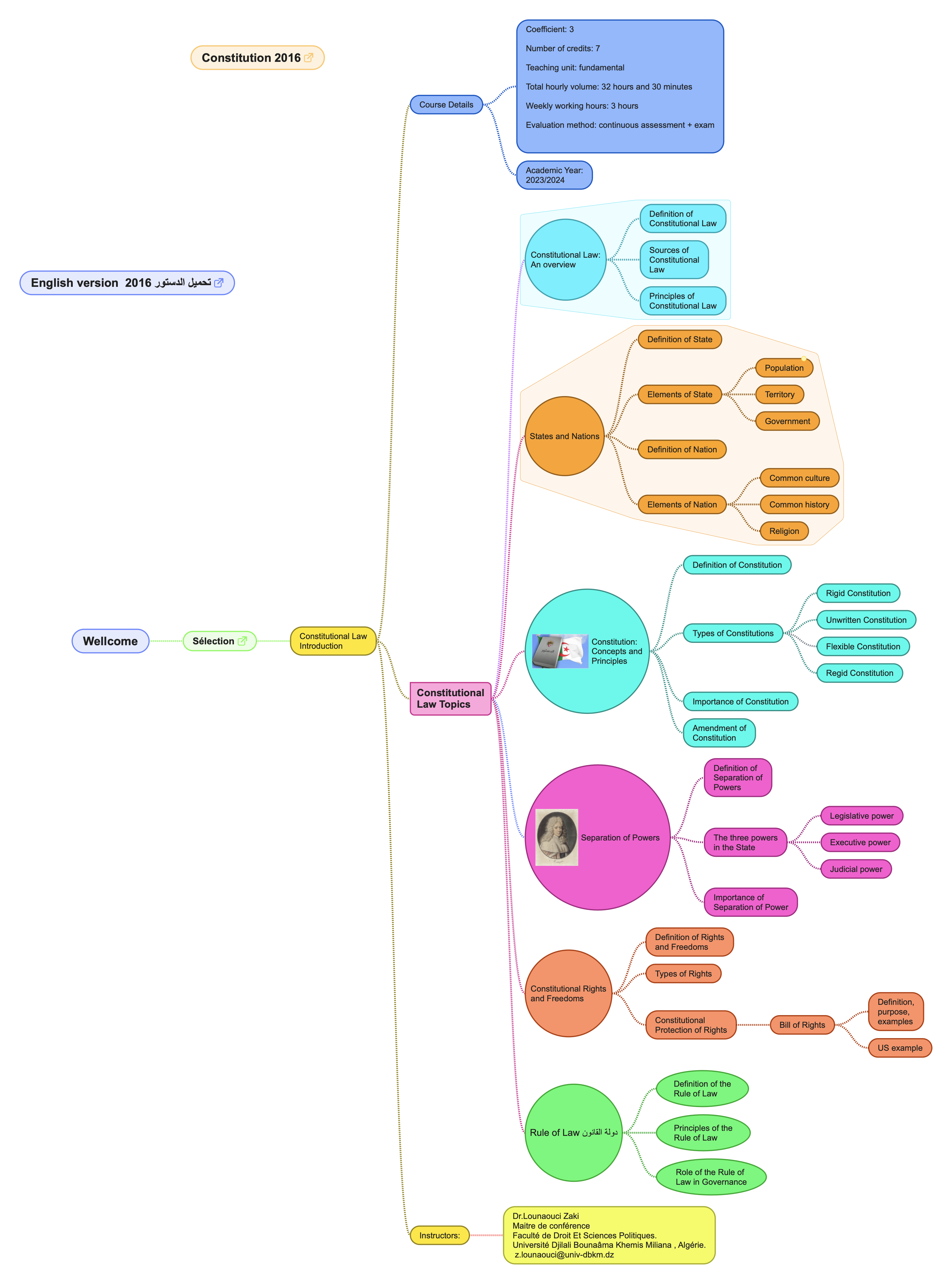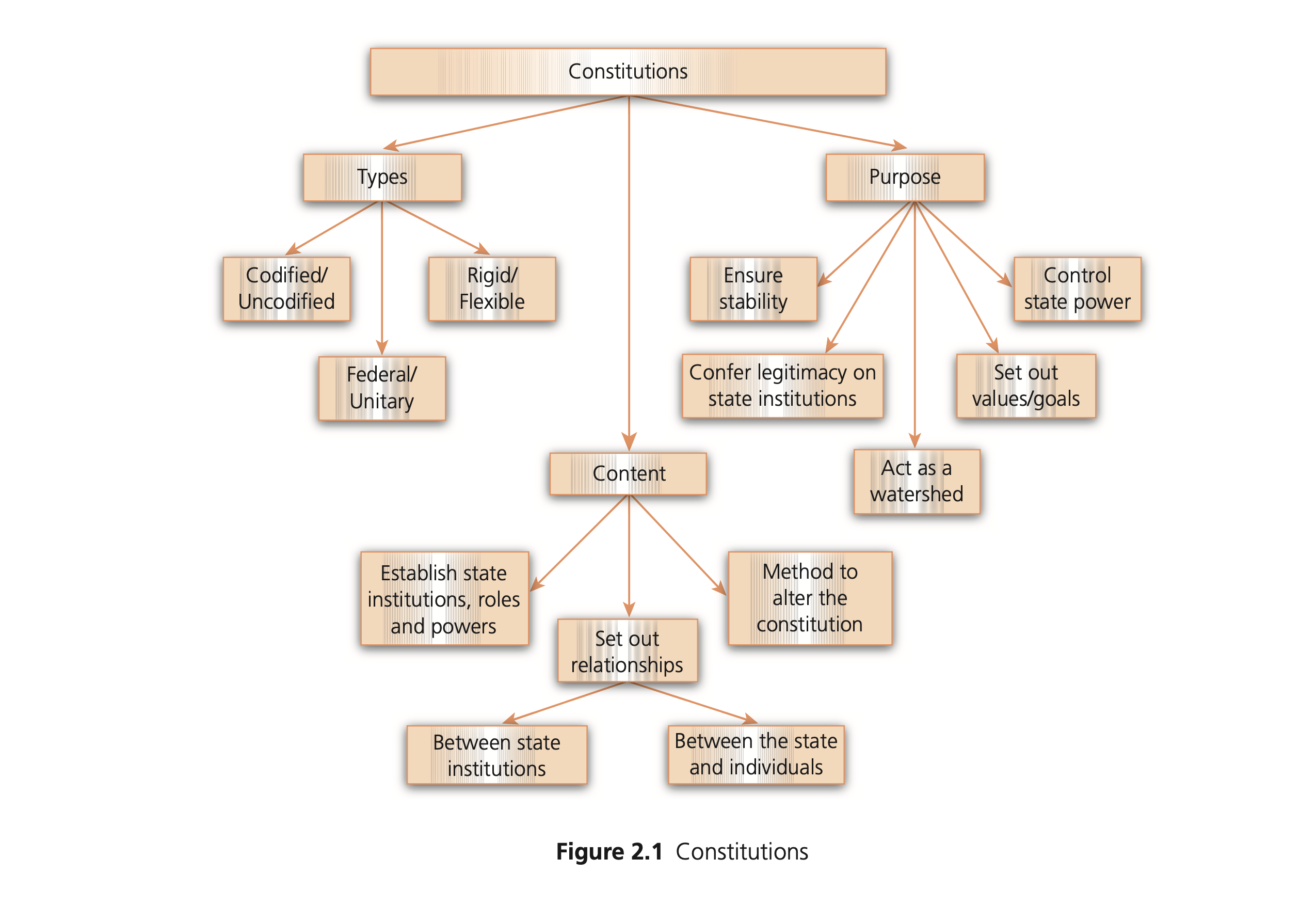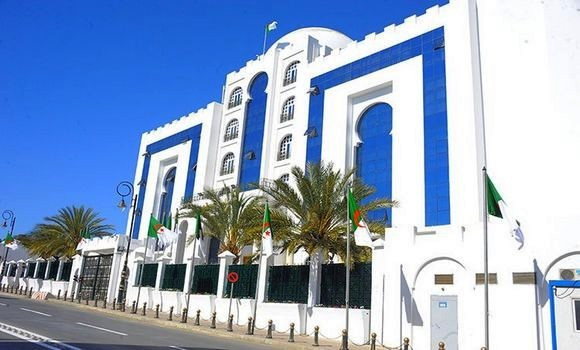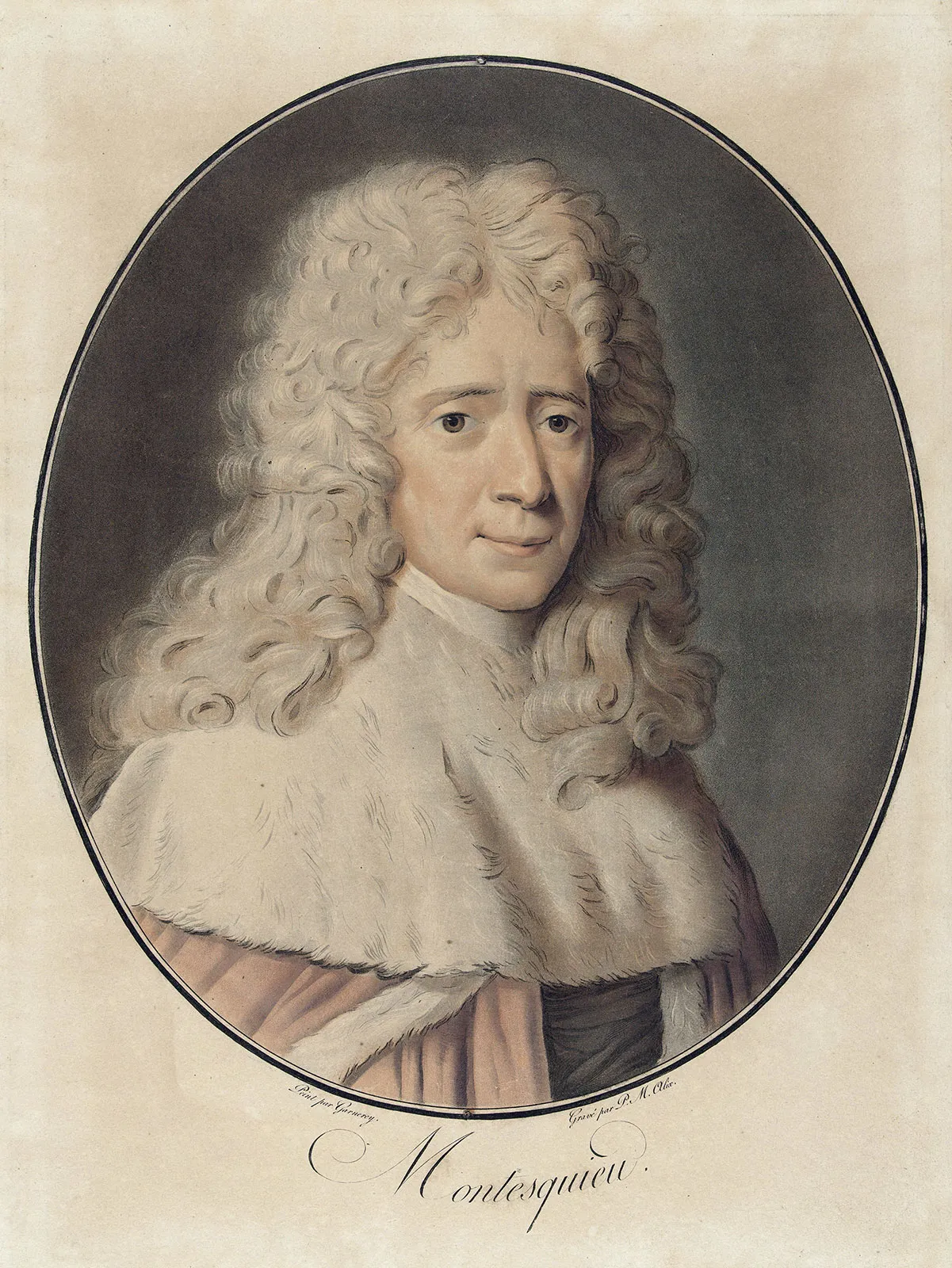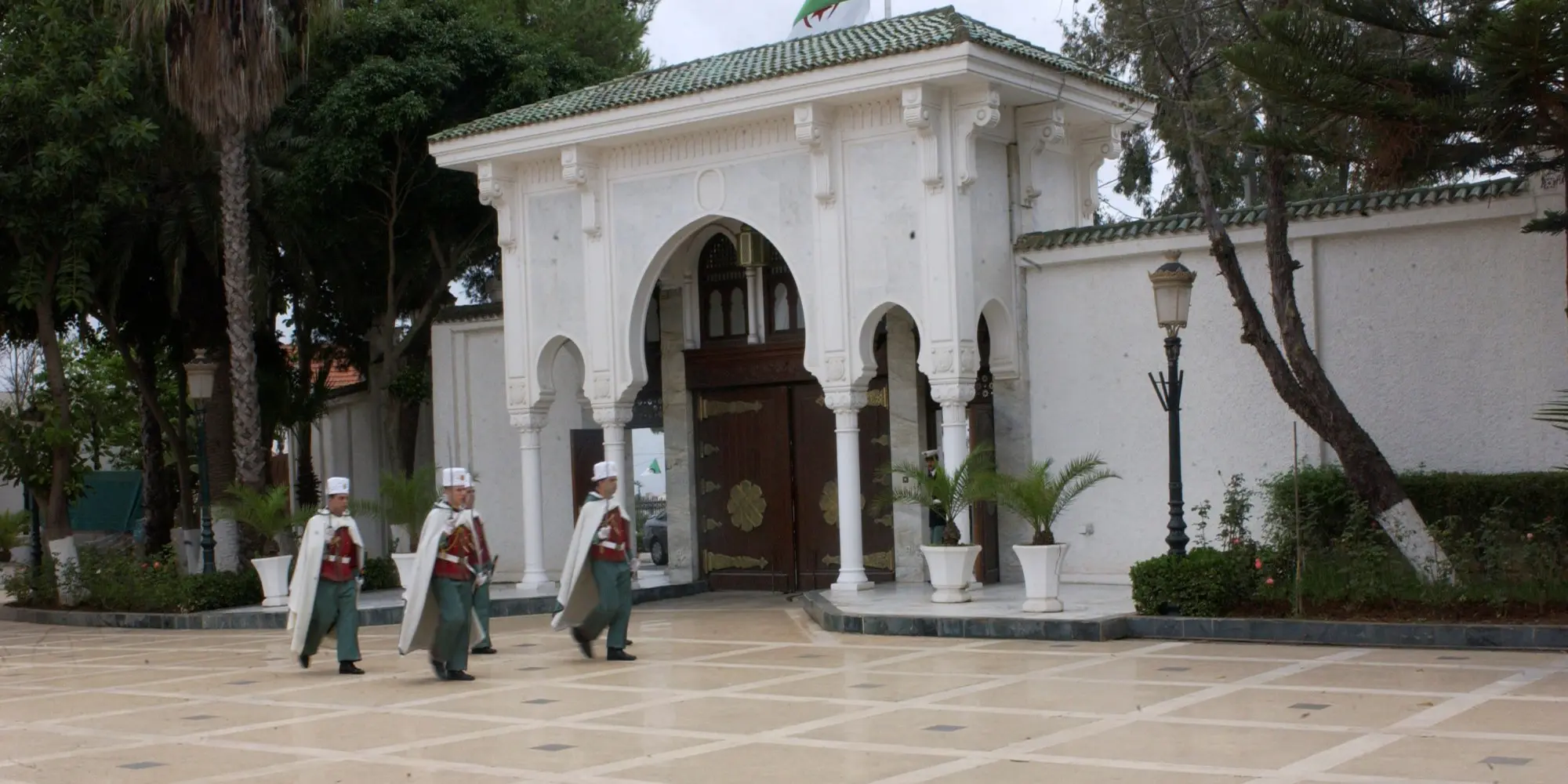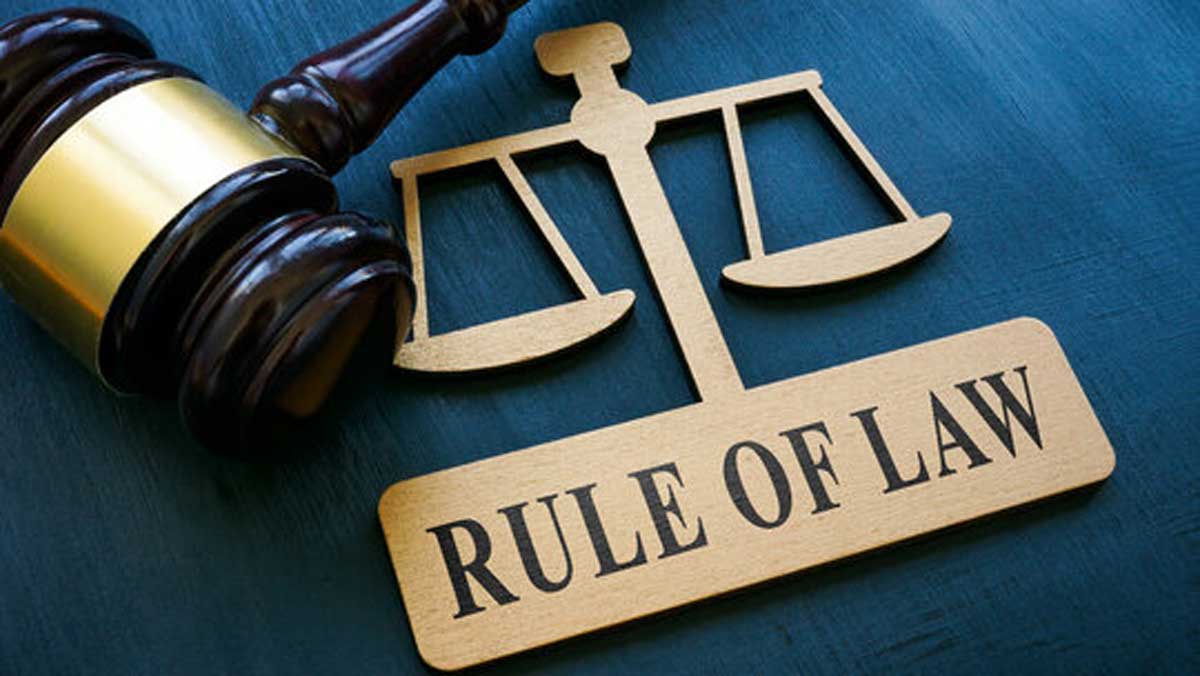القانون الدستوري / Constitutional law / Dr.Zaki Lounaouci
Section outline
-
-

-
The Constitutional Law course for first-year students in the academic year 2023/2024 covers a comprehensive range of topics pertaining to the foundational principles of constitutional governance. The course is divided into six sections, each focusing on key aspects of Constitutional Law.
-
The Constitutional Law course for first-year students in the academic year 2023/2024 covers a comprehensive range of topics pertaining to the foundational principles of constitutional governance. The course is divided into six sections, each focusing on key aspects of Constitutional Law.
-
The Constitutional Law course for first-year students in the academic year 2023/2024 covers a comprehensive range of topics pertaining to the foundational principles of constitutional governance. The course is divided into six sections, each focusing on key aspects of Constitutional Law.
-
Djilali Bounaama University
Faculty of law and political science
Law department
Course : Constitutional law
-
Coefficient: 3
-
Number of credits: 7
-
Teaching unit: fundamental
-
Total hourly volume: 32 hours and 30 minutes
-
Weekly working hours: 3 hours
-
Evaluation method: continuous assessment + exam
Information about teacher :
Dr Zaki Lounaouci / Lecturer teacher
Mail ✉️ : z.lounaouci@univ-dbkm.dz
-
-
-
-
Some general prerequisites that may be beneficial for learning Constitutionallaw for a first year bachelor degree include:
_English language proficiency: As English is the language of instruction in many bachelors degree programs, having a solid foundation in English language skills, including reading, writing, listening, and speaking, is essential. This may include meeting the minimum language proficiency requirements set by the institution or program, such as achieving a certain score on an English language proficiency test like TOEFL (Test of English as a Foreign Language) or IELTS (International English Language Testing System
Background knowledge of the constitutional law : Depending on the field of study for the bachelors degree, having some background knowledge of the subject matter can be advantageous for learning English terminology in combination with law . Familiarity with key concepts, theories, methods, and practices related to law can help contextualize and understand the terminology used in academic discourse.
-
-
-
-
Some general prerequisites that may be beneficial for learning Constitutionallaw for a first year bachelor degree include:
_English language proficiency: As English is the language of instruction in many bachelors degree programs, having a solid foundation in English language skills, including reading, writing, listening, and speaking, is essential. This may include meeting the minimum language proficiency requirements set by the institution or program, such as achieving a certain score on an English language proficiency test like TOEFL (Test of English as a Foreign Language) or IELTS (International English Language Testing System
Background knowledge of the constitutional law : Depending on the field of study for the bachelors degree, having some background knowledge of the subject matter can be advantageous for learning English terminology in combination with law . Familiarity with key concepts, theories, methods, and practices related to law can help contextualize and understand the terminology used in academic discourse.
-
-
-
-
The targeted skills rely on three pillars: knowledge, acquired legal experience, and the application of knowledge. These competencies are crucial in the learning process and require a methodology to be achieved. They will also be supported by assessments by testing the student's ability to comprehend the provided information and achieve the desired goals for knowledge.
The student acquires the competency of being able to recognize, learn, and understand the rules of the basic of law and of cours the content of constitutional law . This competency is gained by storing all the information and concepts related to the lecturs , and it is reinforced with exercises and theoretical questions about the extent of understanding and comprehension of the information.
The acquired experience from knowledge:
This involves how to apply this knowledge, concepts, and information about constitutional law . This competency is supported by various quize that enhance the comprehension of the lesson and enrich the presented concepts.
Application of knowledge:
This entails applying the acquired legal concepts and procedures in real-life situations, meaning all legal terms in the English language.
-
-
-
The student will be able to:
Motivating the student to retrieve information from memory in order to recall his early gains related to constitutional law (knowing and remembering)
The student identifies the various concepts related to the axis, through some varied questions based on what has been benefited from and understood.(Understanding and comprehension)
At this level, the student uses theoretical gains and is asked to apply them in the form of procedural steps and a sequential process through several stages, and solve some issues,i.e the election of president of republic or the amendments of constitution and this is supported by some exercises based on a legal fact. (Application)
Through this stage, the student distinguishes and disassembles the legal and practical tools and means related to constitutional law (analysis).
-
-
-
It should be noted that the study of the constitutional law course is conducted in person.
The final assessment will be conducted through:
- A written in-person exam, scheduled at the end of the semester, covering all the material taught in the program.
- a written exam , sheduled at the end of the semester by the tutorial teacher 08/08
The passing grade for this course is 10 out of 20 or higher.
-
-
-
In order for the student to be able to understand all the concepts that are addressed during the lecture and to be able to carry out all the learning activities, I expect from you:
Continuous browsing of the Moodle portal, writing down all the information and taking pens for everything that was published, in addition to participating in discussions and asking all the questions that you could not answer, and exchanging opinions and viewpoints on the topics raised in order to enrich the gains and information
-
-
-
-
-
Constitutional law is the body of legal principles and doctrines that govern the creation, interpretation, and application of a nation's constitution. It establishes the framework for the organization of government, outlines the distribution of powers, and safeguards the rights and liberties of individuals and entities within a society. Essentially, constitutional law serves as the supreme law of the land, setting the foundation for all other laws and regulations within a given jurisdiction.
-
1.1. Definition of Constitutional Law
1.2. Sources of Constitutional Law
1.3. Principles of constitutional Law
-
-
-
"In the realm of Constitutional Law, understanding the fundamental concepts of 'State' and 'Nation' forms the bedrock of legal comprehension. A State, defined by its territorial boundaries, population, and governance, wields sovereign authority. On the other hand, a Nation transcends geography, bound by shared cultural and historical ties. This exploration unravels the core elements that define both entities, shedding light on their intricate interplay within legal and political frameworks."
-
-
-
CLIC here you will finde a Constitution of Algeria
اضغط هنا من اجل تحميل التعديل الدستوري 2016 نسخة باللغة الانجليزية
-
-
-
The principle of separation of powers is a cornerstone of democratic governance,acording to constitution it divids governmental authority into three distinct branches: the legislative, executive, and judicial. Each branch possesses defined responsibilities and powers, acting as a system of checks and balances to prevent any one branch from consolidating excessive authority. This framework fosters accountability, ensuring that no single entity can dominate decision-making processes. It empowers each branch to independently carry out its functions, ultimately safeguarding the rule of law and promoting a more stable and equitable society.
-
The aim of this chapter is to consider the constitutional principle of the separation of powers and examine its signifcance in the context of the Algerian constitution.
-

How you discribe the principle ofseparation of powers according to the Algerian constitution 2020 ?
-
-
-
- September 20, 1962 :Election of the first constituent assembly.
- September 25, 1962 :Proclamation of the People’s Democratic Republic of Algeria.
- September 29, 1962 :Constitution of the first government of Algeria.
- October 08, 1962 :Admission of Algeria to the U.N.
- May 08, 1963 :Adoption by referendum of the first constitution of Algeria
- September 15, 1963 :Election of Mr. Ahmed Ben Bella to the Presidency of the Republic.
- April 1964 :Adoption of the Charter of Algiers by the 3rd congress of the F. L. N. (National Liberation Front)
- June 19, 1965 :Creation of the Council of the Revolution presided by Mr. Houari Boumediene.
- May 07, 1966 :Nationalization of mines.
- February 05, 1967 :First local election (A.P.C (Municipalities) and A.P.W. (Provinces/Regions)
- May 1967 :French army left the bases of Reggane and Bechar.
- February 1st, 1968 :Withdrawal of the French army from the naval base of Mers El-Kebir.
- February 24, 1971:Nationalization of hydrocarbons.
- June 27, 1976 :Adoption by referendum of the National Charter.
- November 19, 1976 :Adoption by referendum of the second constitution of Algeria.
- December 10, 1976 :Election of Mr. Houari Boumediene as President of the Republic.
- December 27, 1978 :Death of President Houari Boumediene.
- February 07, 1979 :Election of Mr. Chadli Bendjedid as President of the Republic.
- January 13, 1983 :Reelection of Mr. Chadli Bendjedid as President of the Republic (2nd term).
- October 05, 1988 :Protests in several cities of Algeria.
- November 03, 1988 :Adoption by referendum of the revision of the Constitution
- December 22, 1988 :Reelection of Mr. Chadli Bendjedid as President of the Republic (3rd term).
- February 23, 1989 :Adoption by referendum of the fourth constitution of Algeria
- June 05, 1991 :Proclamation of the state of siege.
- January 04, 1992 :Dissolution of the People’s National Assembly (Parliament).
- January 12, 1992 :Resignation of President Chadli Bendjedid.
- January 14, 1992 :Creation of the Higher State Council (in French :Haut Conseil de l’Etat -H.C.E.) under the presidency of Mr. Mohamed Boudiaf.
- February 02, 1992 :Declaration of the state of emergency.
- February 04, 1992 :Creation of a National Consultative Council.
- June 29, 1992 :Assassination of the President of the Higher State Council, Mr. Mohamed Boudiaf.
- July 02, 1992 :Mr. Ali Kafi became President of the Higher State Council.
- January 30, 1994 :End of the Higher State Council, Mr. Liamine Zeroual is designated as Head of State.
- May 18, 1994 :Creation of the National Council of Transition (in French: Conseil National de Transition).
- November 16, 1995 :Mr. Liamine Zeroual elected President of the Republic.
- November 28, 1996 :Referendum on the fifth Constitution of Algeria.
- June 05, 1997 :Pluralist legislative election.
- October 23, 1997 :Pluralist local Election.
- September 11, 1998 :Mr. Liamine Zeroual announced early presidential election.
- April 15, 1999 :Mr. Abdelaziz Bouteflika elected President of the Republic.
- September 16, 1999 :Adoption by referendum of the Law on the civil concord.
- April 10, 2002 :Constitutionalisation of Tamazight (Berber Language) as national language.
- May 30, 2002 :Second pluralist legislative election.
- April 08, 2004 :Mr. Abdelaziz Bouteflika re-elected President of the Republic.
- September 23, 2005 :Adoption, by referendum, of the National Charter for Peace and Reconciliation.
- November 12, 2008 :Revision of the Constitution of Algeria.
- April 09, 2009 :Mr. Abdelaziz Bouteflika re-elected President of the Republic.
- April 17, 2014 :Mr. Abdelaziz Bouteflika re-elected President of the Republic.
- March 2016 :Revision of the constitution.
- 22 February 2019 :Start of the peaceful popular movement (Hirak).
- 2 April 2019 :Resignation of President Abdelaziz BOUTEFLIKA.
- 12 December 2019 :Election of Mr. Abdelmadjid TEBBOUNE as President of the Republic.
-
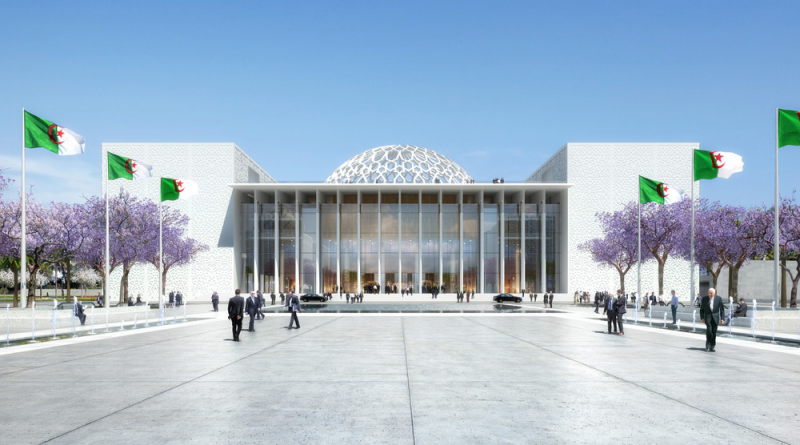
The construction of the new Algerian parliament and its grounds thus reveals all its facets: it is at once a tool of democracy and a tribute to it, an enlightening expression of the democratic order, a precious and yet familiar space, where all citizens will recognize the best of their culture and its values.
-
-

من اجل تصفح الموقع الرسمي لوزارة العلاقات مع البرلمان اضغط على الرابط
Official website of Ministry of Relations with Parliament ,
clickbelow :☞https://www.mrp.gov.dz/Ministere_Arabe/?page=ministere&rub=presentation
-
-
-
Hey everyone , i'd like to know how was your experience with constitutional law ? What did you learn?
-
Through this quiz , you may write a sammay of constitutional law ... this quiz is going to help student to improve the difrent capacity of devloping a summary .
